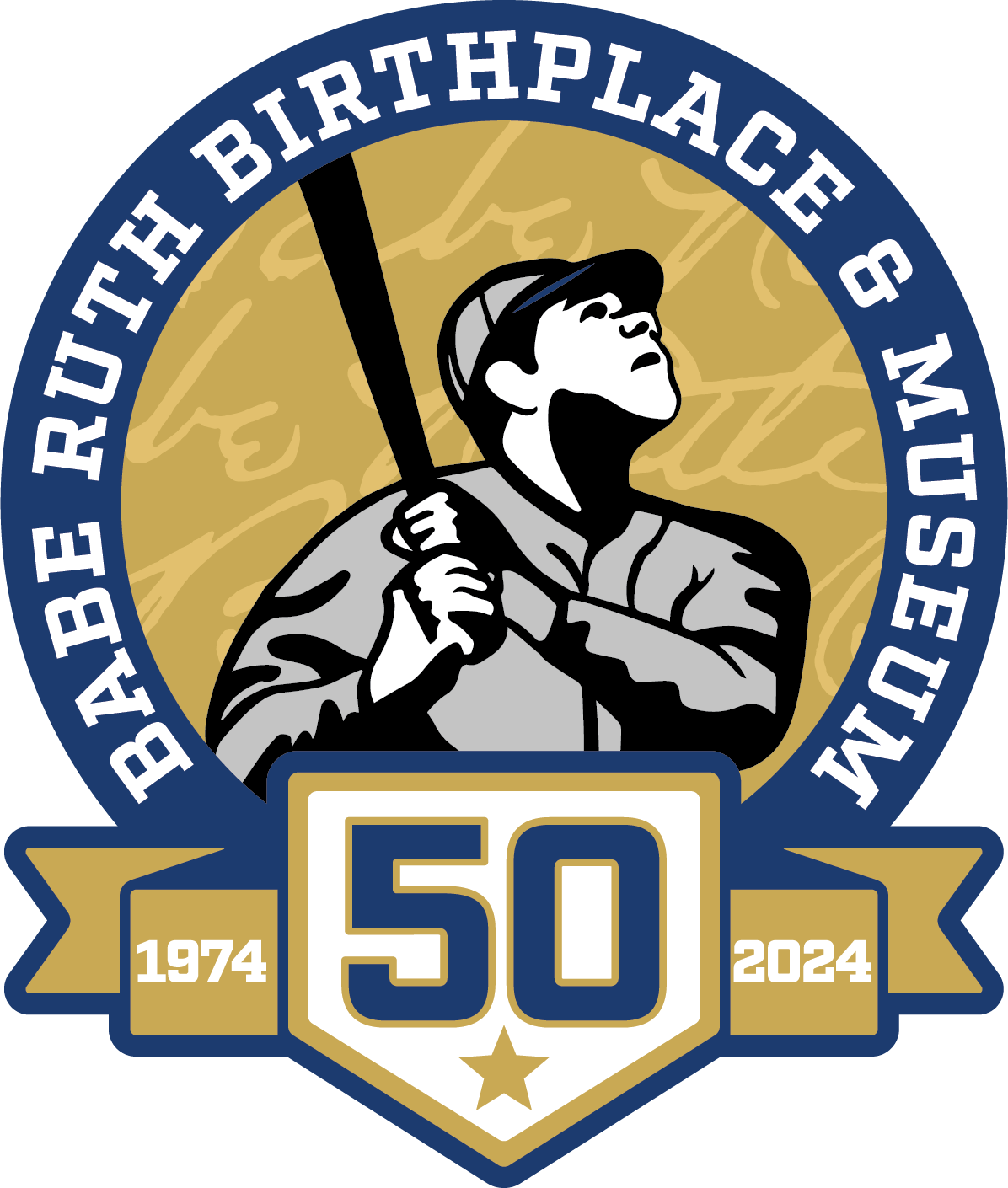 |
| Legendary Orioles Manager Earl Weaver |
Last night our Sports Legends Museum
Earl Weaver managed his last game for the Orioles to conclude the 1986 season, when he had come out of retirement, mid-season, to try and resurrect a ball club in decline. But his real last game, the one we all remember, occurred in 1982, when his Orioles team closed with a rush to finish a game behind Milwaukee for the division title. After that last game at Memorial Stadium, a disappointing loss that knocked his team out of the playoffs, the Earl of Baltimore received a thunderous, thirty minute standing ovation from the sellout crowd of 53,000. To this day, many consider it the greatest moment in Orioles history.
Ten years later, Oriole Park
And so as guests gathered at Sports Legends last night, they did in the shadow of Oriole Park
The evening began with a one-hour meet and greet with Earl and his family, and special guests including Orioles’ manager Buck Showalter, the radio voice of the Orioles, Joe Angel, and hall of fame third-baseman Brooks Robinson, who stopped by to say hey to his old manager.
Later, with guests gathered in an intimate, semi-circled seating bowl, Earl and WBAL Radio’s Keith Mills, who served as emcee for the program, took center stage for one hour of what would turn out to be the best kind of ‘hot stove’ chat you could ever imagine.
Number four has been out of the game for 25 years now, but you’d never know it by his candid, insightful responses to Mills’ casual yet probing line of questions. Was Earl happy that third baseman Doug DeCinces was traded in 1982? No, but that was management’s decision, he responded. What about Roenicke and Lowenstein, Weaver’s ultra-successful left field platoon? Roenicke was the better athlete, but Lowenstein could “hit a high fastball with the best of them.” How about what he was most proud of? “My players,” the diminutive leader cracked back.
And on and on it went, with questions from the guests, and occasional input from Buck, Brooks and Joe Angel. Earl Weaver might be getting up there in age (81), but he hasn’t lost an insightful step; his recall crystal clear, his grasp of the game as confident as 1968.
Our evening concluded with the ever-gracious star of the show patiently posing for a photo with every guest and, finally, with our museum staff. An Evening with Earl was truly as good as it gets, and then some.
See you out there,
Mike Gibbons is the executive director for the Babe Ruth Birthplace Foundation, Inc.
